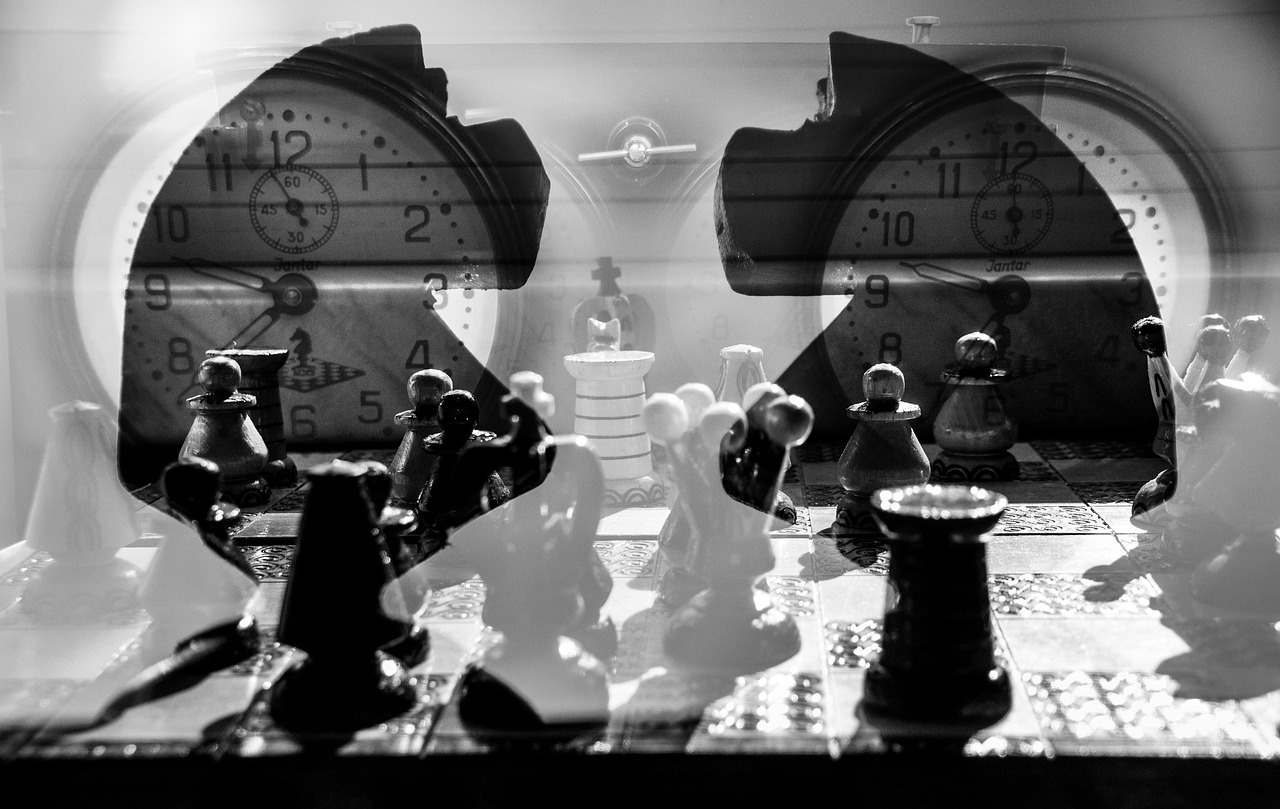There was this moment — round three, I think — when my opponent adjusted his bishop like it was a wine glass. So careful. So delicate. And I remember thinking, “Why am I here?”
Forty-two kids. A town hall that smelled like floor polish and anxiety. My mum dropped me off early, way too early, so I had to sit on this plastic chair watching a digital clock that was stuck flashing 12:00. It never started. Never mattered. But for some reason, it made me nervous. Like maybe time didn’t exist inside chess tournaments.
The thing is, I didn’t even know what a Swiss system was back then. I thought it meant we’d be playing Swiss kids. Or that it had something to do with fondue. No joke. They explained it on a piece of paper with a diagram that looked like a family tree but angrier. You win, you move up. You lose, you’re not out. But you don’t get to relax either. You hover in some weird purgatory of “maybe.”
My first match was against a boy called Luis who cracked his knuckles before every move. Like, every move. E4. Crack. Nf6. Crack. I started playing faster just to get it over with, which made me blunder a pawn, which made me panic, which made me play even faster. Spiral complete.
I lost that game in 23 minutes. I don’t even remember the mate. Just the knuckles. Then he said “good game” and I nodded like I agreed.
Round two was quieter. A girl who wore noise-cancelling headphones and stared through me. She had a rook tattoo on her pencil case. I offered a draw in an equal position and she blinked twice, shook her head, then beat me anyway.
But round three. That was the one.
His name was Hugo and he looked like a film extra from a movie about sad French bakeries. Glasses, hunched shoulders, cardigan, a chess clock he brought himself (which didn’t tick — it hummed). And yet… I won. I played some awful variation of the London System because I’d watched a 12-minute YouTube video about it the night before. And he cracked. First in the middlegame, then emotionally. He knocked over his own knight reaching for a tissue.
Afterwards he said, “Nice finish,” and walked off eating half a croissant. That’s when I realised — I wanted to do this again.
It wasn’t about winning, not really. It was about something else. The stillness. The intensity. The feeling that nothing mattered but this. This weird rectangle of war.
Now when I look at tournament listings pinned to the club corkboard — right next to adverts for country houses for sale just like my parents dream of — I still get that same little flutter. Nervous. Excited. Prepared to lose, but hoping for something else. A glimpse of progress. A memory. A story worth telling later, even if it ends in checkmate.
And I still wonder if they ever fixed that clock.


